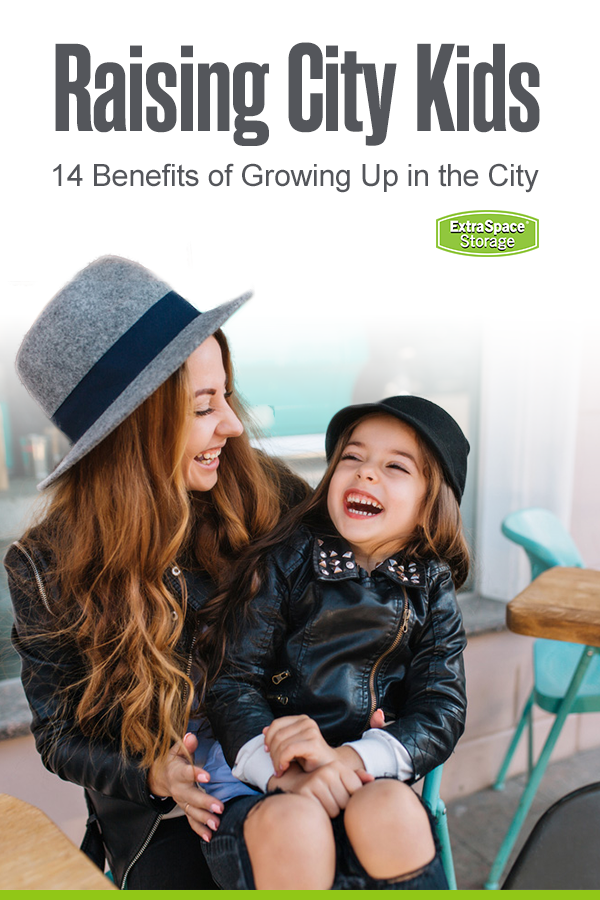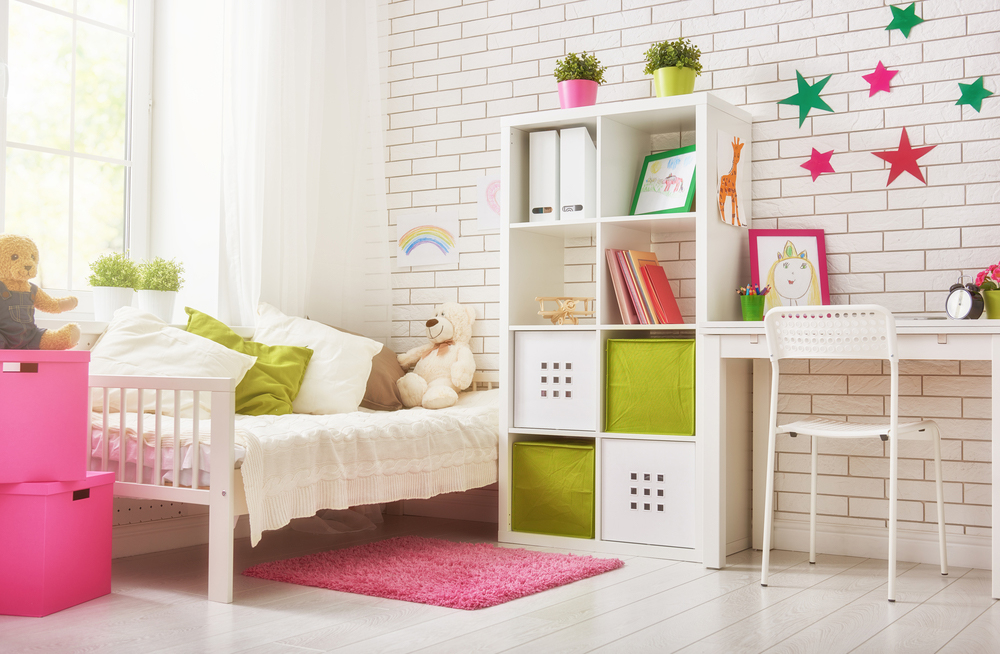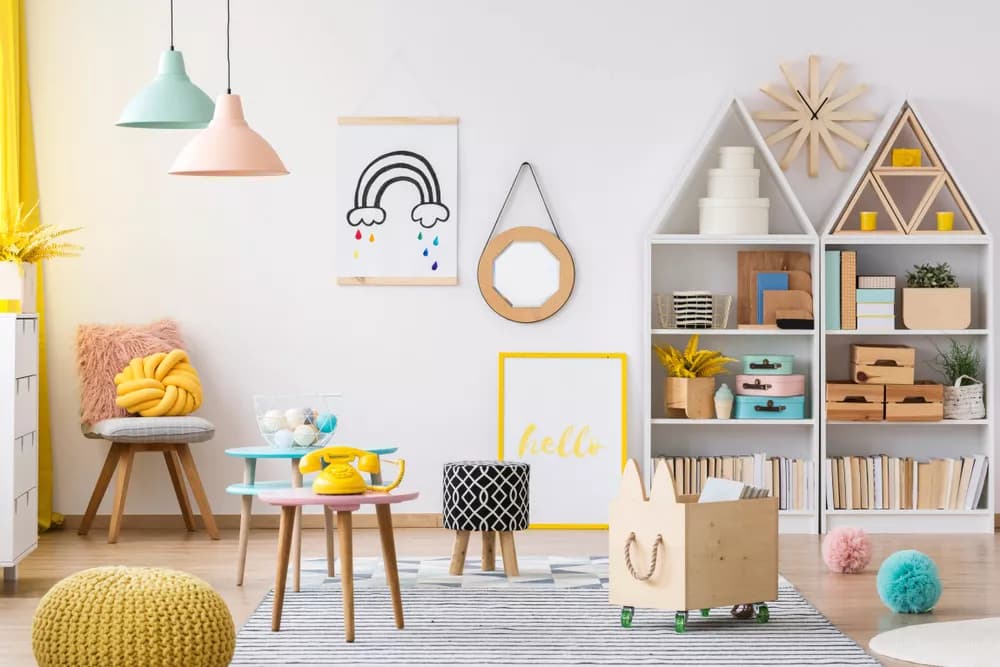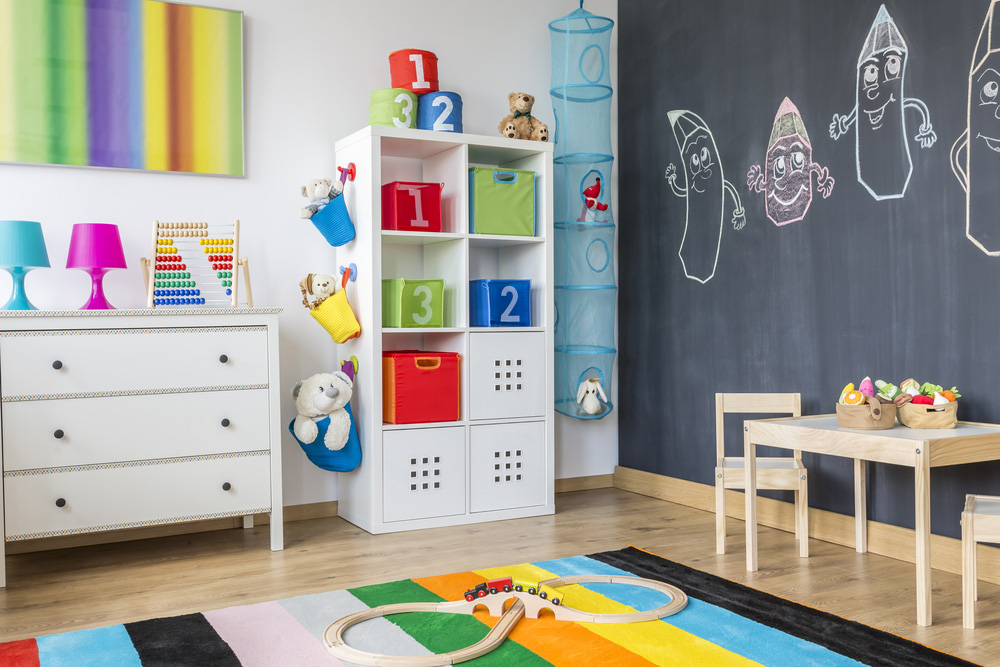Why should you choose to raise your kids in the city? From learning how to be more tolerant of other people’s lifestyles to having better access to art and culture, kids who live in the city get to experience things their suburban and rural counterparts don’t. Below, we share the benefits of growing up in a big city and how those advantages provide meaningful impact!
The Whole City Is a Backyard for Kids
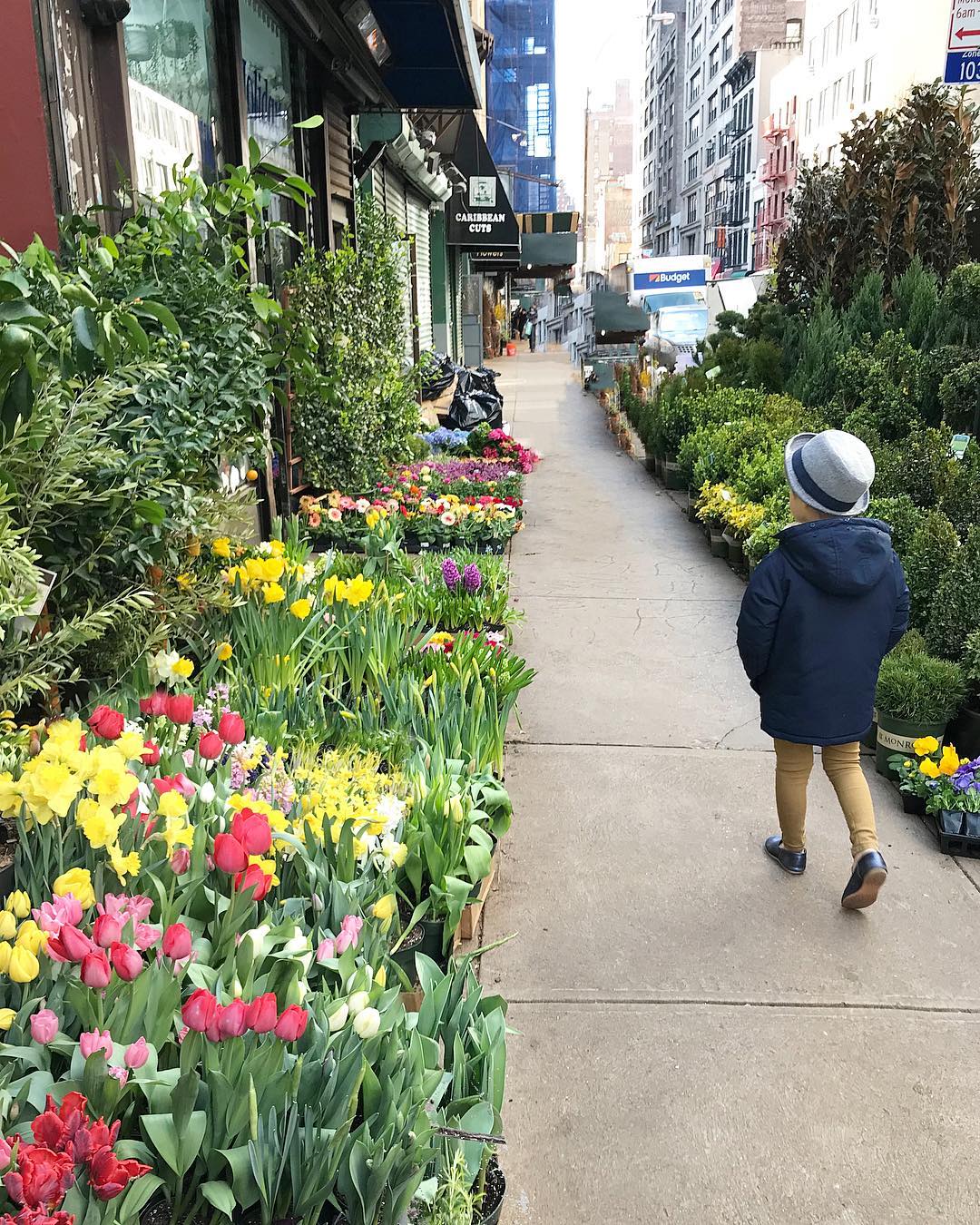
Photo via @littlekidnyc
Instead of personal swing sets, city kids can play on a range of playground equipment in parks and urban green spaces throughout the city. Cities also have paved walking trails, bike rental kiosks, and even riverfront spaces that will keep your kids outdoors and entertained for hours.
Living in the City Can Be Safer
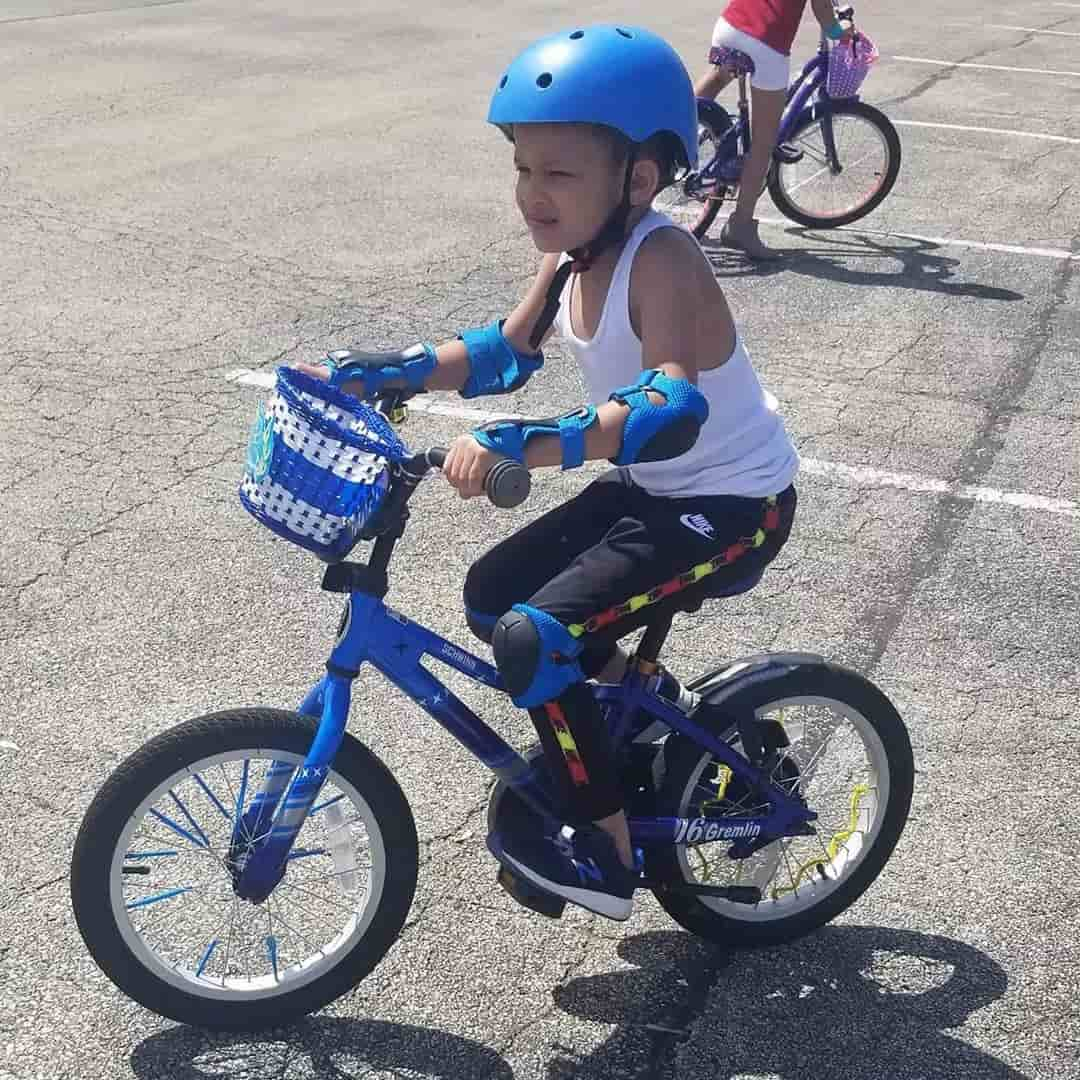
Photo via @thetrifkotrio
While the perception may be that suburbs and rural areas are safer than cities, the data says otherwise. Violent crime itself has fallen by 50% between 1993 and 2015 nationwide. In fact, injury-related deaths are almost 20% higher in rural areas than in cities, largely in part because residents aren’t spending as much time in vehicles in larger cities.
There Are More Entertainment & Cultural Options

Photo via @z_from_york
Instead of saving trips to the zoo, museum, or theatre for the weekend, city kids have access to these options every day of the week! “We enjoy the easy access to cultural activities,” said Nashville-based Scarlet Paolicchi, mother of two and creator of Family Focus Blog. “We love the Frist Center For Visual Arts. Having the opportunity to see amazing music, theatre, and dance performances are also pretty special.”
Families Have Quicker Access to Medical Care

Photo via @quickmedik
Growing up in a big city means more than being close to entertainment. It also means quicker (and sometimes better) access to healthcare. Fewer than 10% of physicians practice in rural areas, making a trip to the doctor more of a hassle than in urban areas. In addition, children who grow up in rural areas are less likely to be advised on the importance of exercise and healthy eating than their urban peers.
City Living Means Developing Great Skills
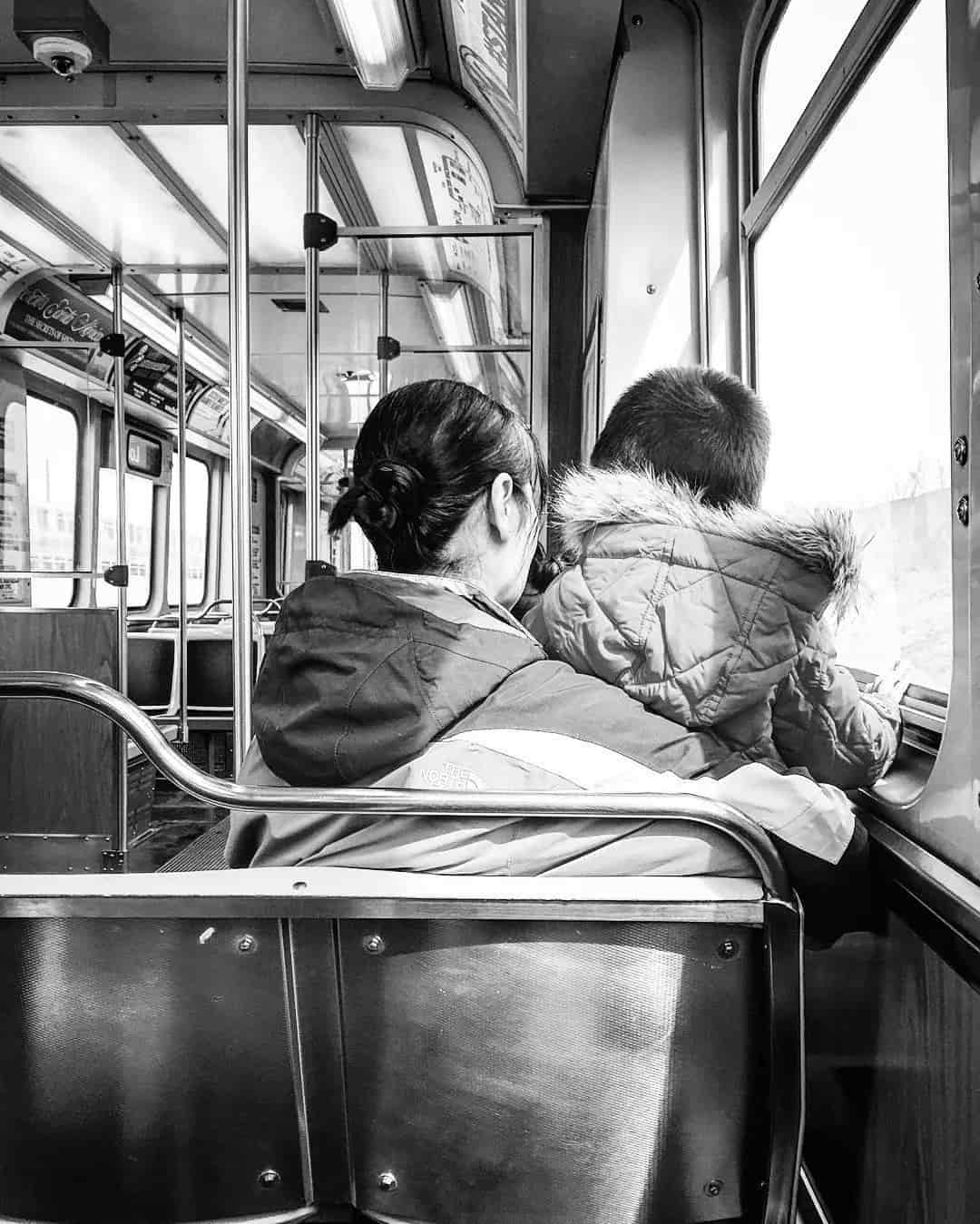
Photo via @vaneza1994
From navigating local transportation and city streets to developing self awareness in public, kids who grow up in the city learn how to be independent, a crucial skill that will benefit them as they become adults. Along with learning to be independent, living in a bigger city has also shown to improve social and analytical skills. Kids learn how to take turns, engage in conversations, and acknowledge traffic flow.
“I would say resilience and flexibility [are two major skills as well],” said Brooklyn-based blogger Shelly from A Child Grows in Brooklyn. “You never know what’s going to happen in the city, and that’s key. Even with the same daily routines, you just can’t duplicate the variety of experiences anywhere else.”
There’s a Wide Selection of Public & Private Schools

Photo via @getahead462
Kids in the city have access to public, private, magnet, and charter schools, many of which are within walking distance of downtown neighborhoods. Particularly in public schools, children will have classmates of all different backgrounds. Research has shown that kids who go to schools with more diverse populations show improved critical thinking and problem-solving skills. Schools in bigger cities also have unique advantages like school gardens and easy access to parks and libraries for field trips.
Kids Become Better Readers

Photo via @brittanysbookclub
Research has shown that reading improves brain development. Since most urban areas have library branches within walking distance, spending time reading at the library is common for city kids. While you’re there, check out a few of these great books to teach your youngsters all about their city!
Physical Activity Becomes a Way of Life
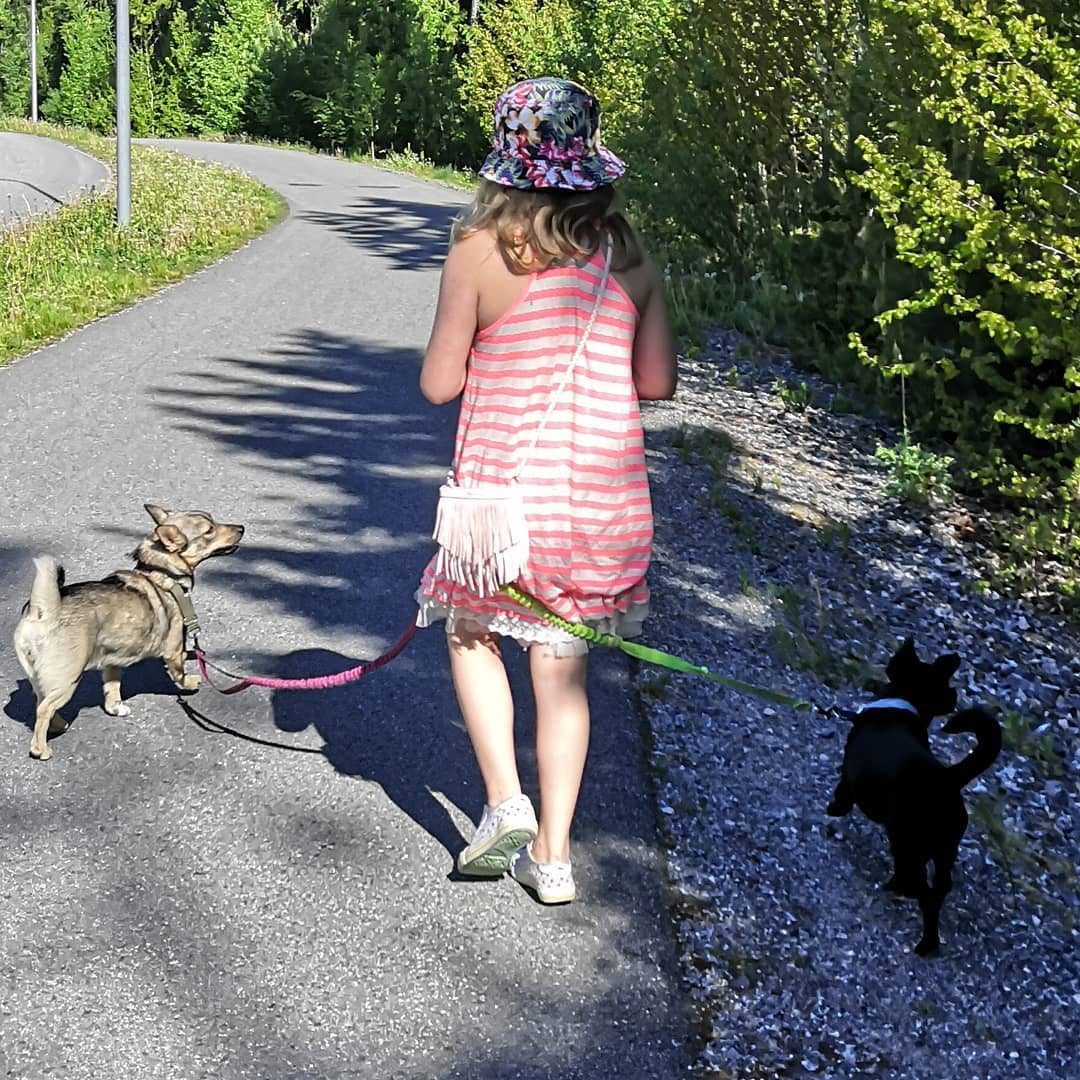
Photo via @funnarevolution
One major advantage of living in a large city is walking and biking more often. According to the CDC, kids need at least one hour of physical activity per day, and commuting by walking is a great way to reach this goal. Plus, most big cities have a master transportation plan that includes greenways, bike lanes, and wide sidewalks for safe commuting, which helps keep kids out of the car.
Kids Can Try Food from All Over the World

Photo via @bonbanhmi
Living in a big city means kids have access to incredible cuisine. Chinese, Thai, Italian, Ethiopian, Persian, Mexican, Polish, Indian, and many more options are often within a few blocks or available for delivery. While a classic PB&J sandwich will never fall from favor, it’s nice to expand young palates.
Unique Job Opportunities Are Widely Available

Photo via @hnmagazine
In a small town or suburb, there may only be one grocery store or ice cream shop that everyone works at when they’re in high school. In a big city, kids have their pick of large and small companies for internships, after-school jobs, and more!
“I think [living in a city] will help give them exposure to all kinds of professions so they can choose the career best suited to them,” said Paolicchi. Plus, with close proximity to public transit, city kids can get themselves to and from work.
Children Grow Up Among Diverse Cultures
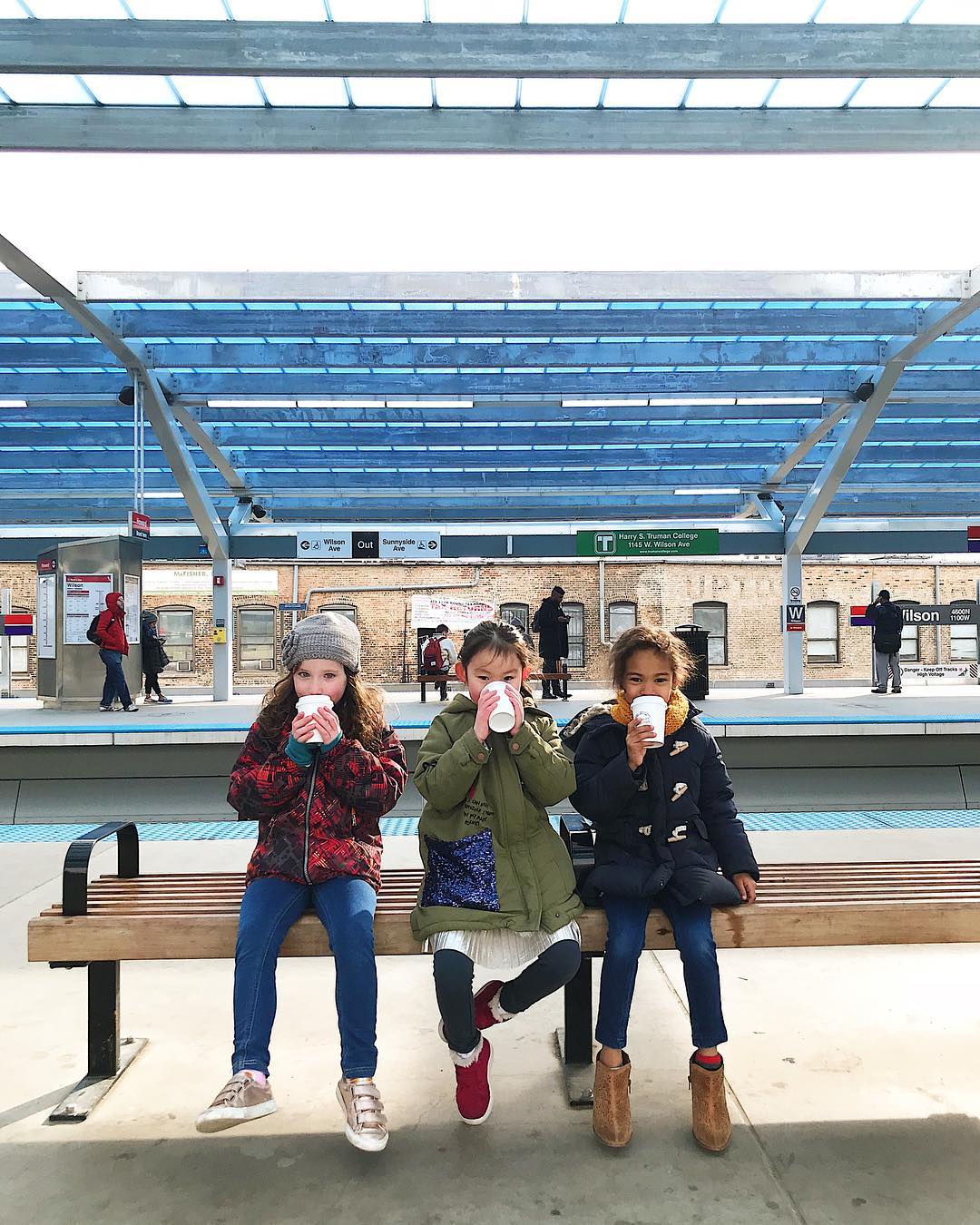
Photo via @moniquefarren
While suburbs and small towns can have diverse populations, it’s more likely to come across people of all different walks of life in a big city. This is beneficial in raising kids who are open-minded and accepting of other people’s lifestyles and cultures.
In fact, studies have shown that kids who grow up hearing different languages around them are more accepting of those who speak a different language. “I think being raised in a bigger city will make them more open-minded throughout their lives,” said Paolicchi.
The Entire Family Learns to Deal with Noise

Photo via @thegiffinator
There’s no doubt that living in a big city means dealing with noise like car horns, loud music, sirens, foot traffic on the sidewalks below windows, etc. But over time, kids and parents learn to deal with it.
There Are More Opportunities to Try New Things
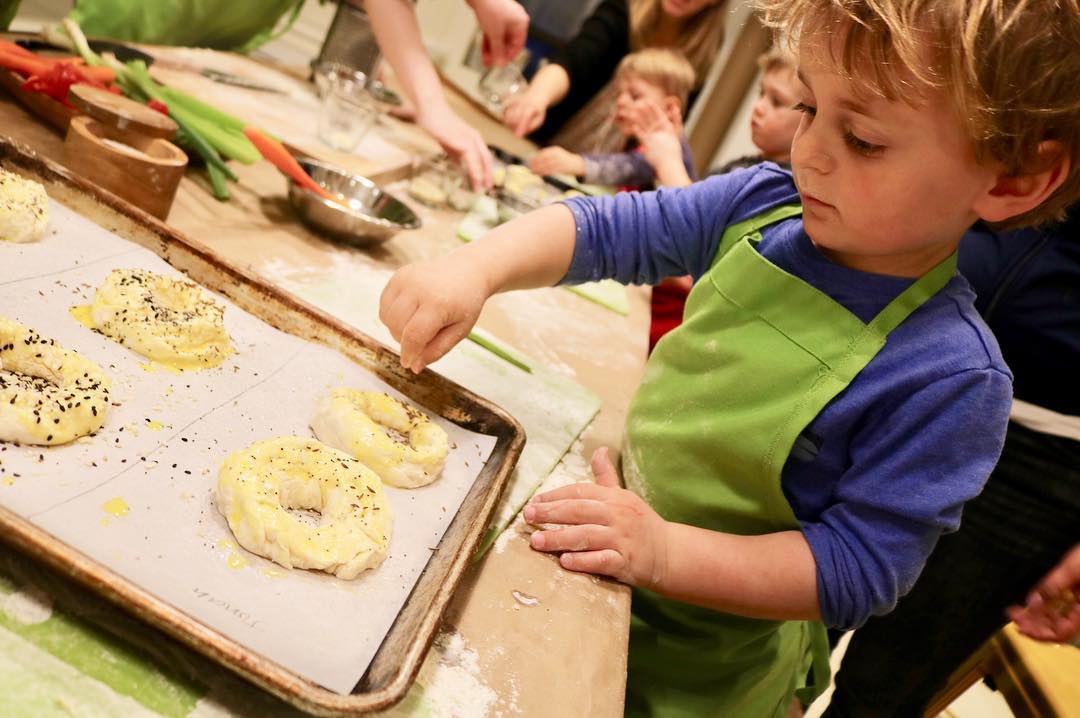
Photo via @freshmadenyc
While suburban and rural areas may offer classes at community centers, larger cities offer more variety and programs for kids to try new activities. “There are so many things for kids to do that you can find something that inspires anyone,” said Shelly. “And if you don’t have the time or money to travel, you can still raise a worldly kid ready for a global future.”
Many larger cities have different organizations like the YMCA that provide kids with after-school programs and a variety of activities (many of them free) like participating on a sports team, music lessons, cooking classes, language classes, rock climbing, and more. There are even opportunities to participate in writing programs, indoor and outdoor ice skating, family days at museums and galleries, and summer day camps for kids of all ages.
Kids Learn to Live with Less Stuff
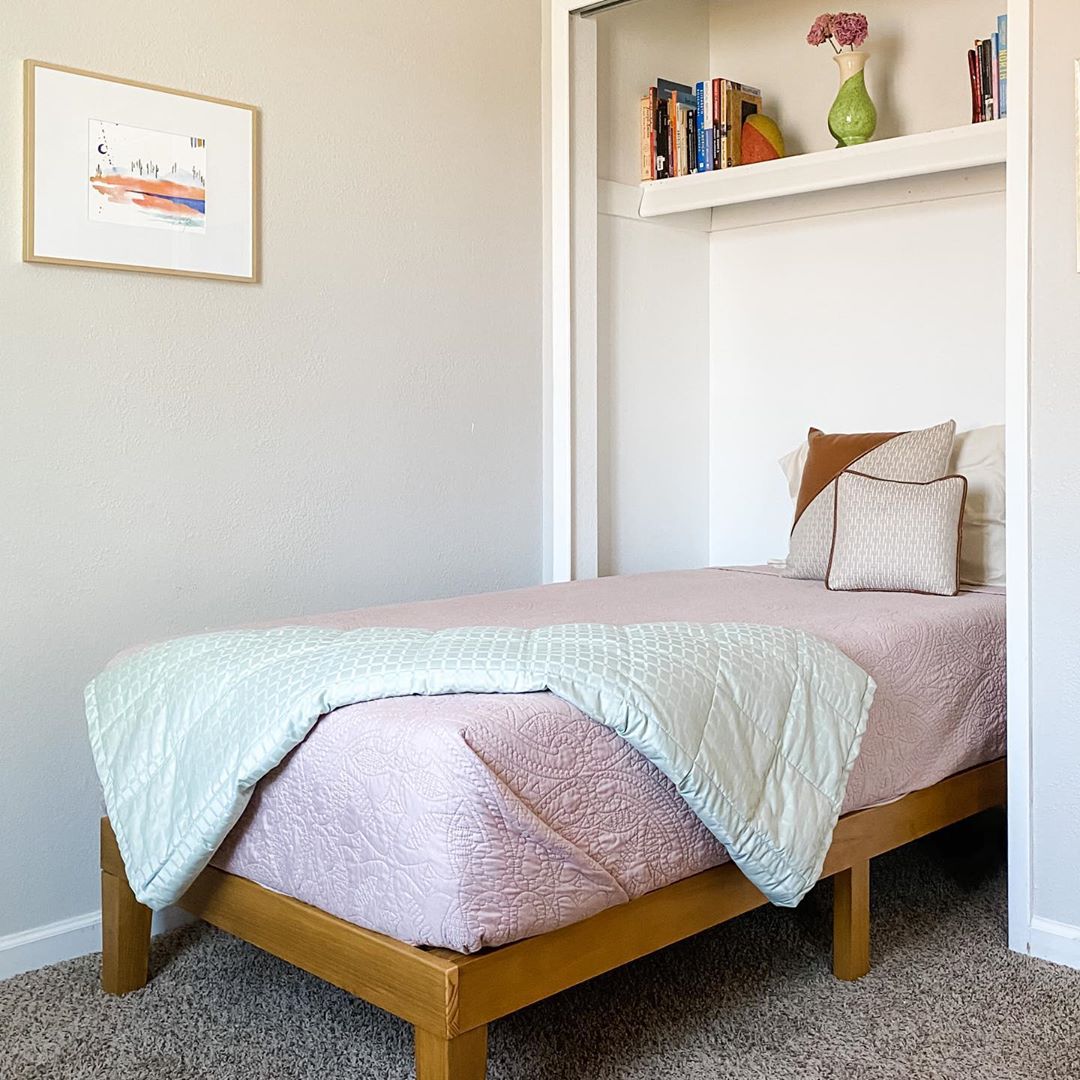
Photo via @pegasus_trail
Growing up in a city means families typically live in smaller spaces. Apartments, condos, rowhouses, or townhouses may not offer as much space as a house in the suburbs, but that can be great for kids! Instead of filling a house up with stuff, parents can teach their children to live with less and focus on experiences of the city instead of objects.
Still not sure if living in the city is right for your family? Check out our comprehensive guide of city living vs. suburban living for families to compare the advantages and disadvantages of both!
